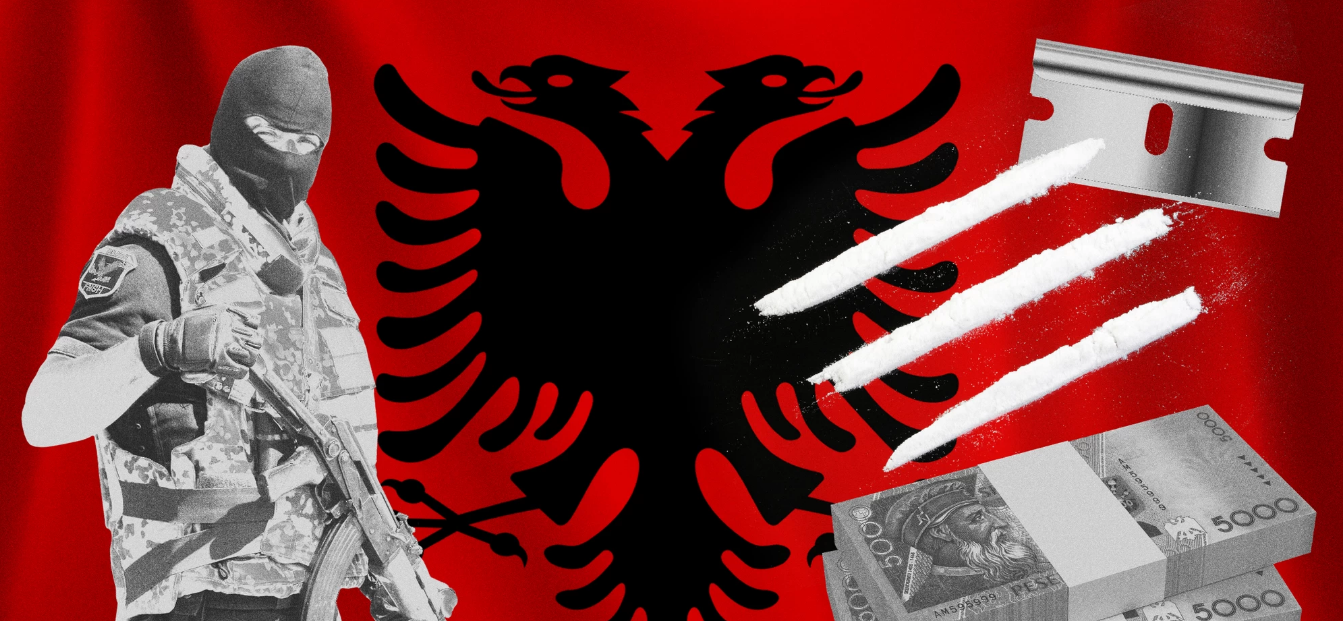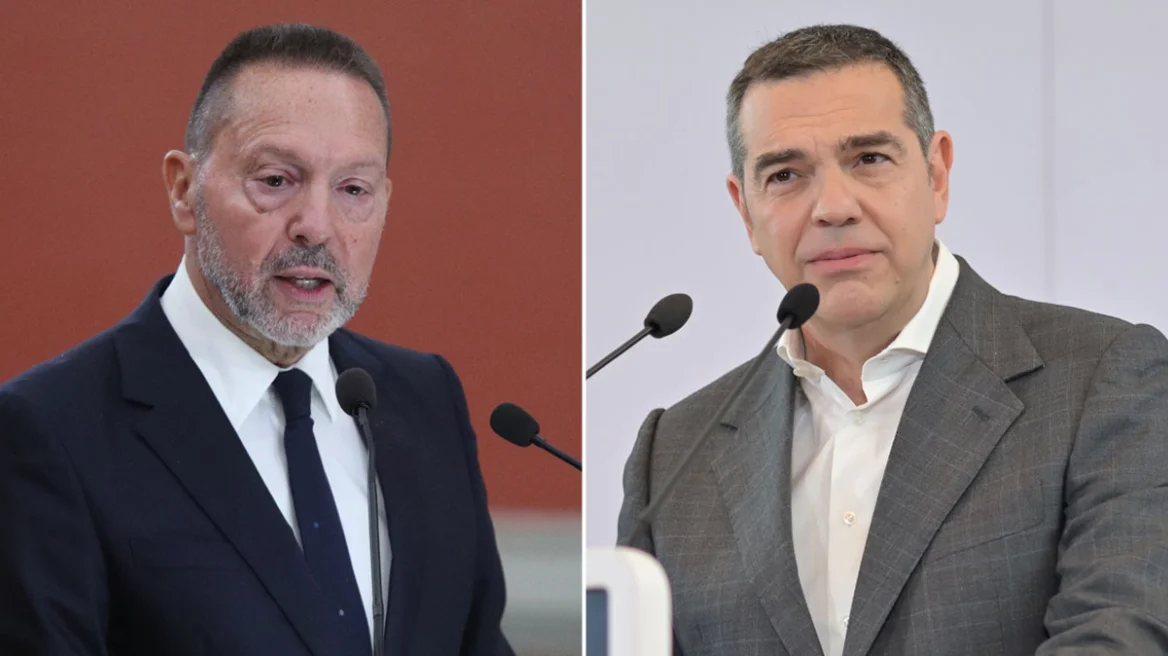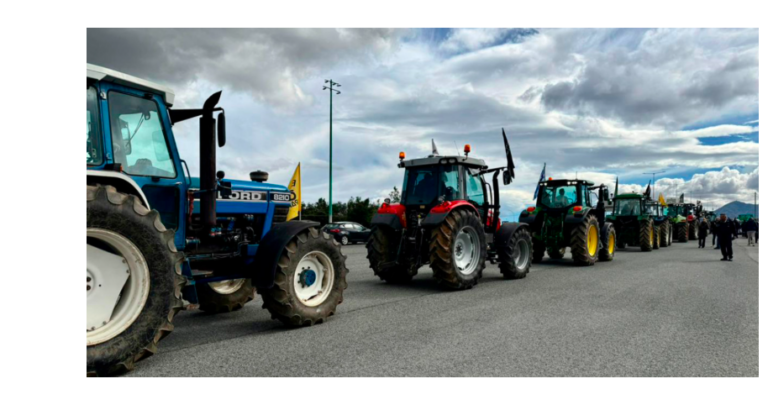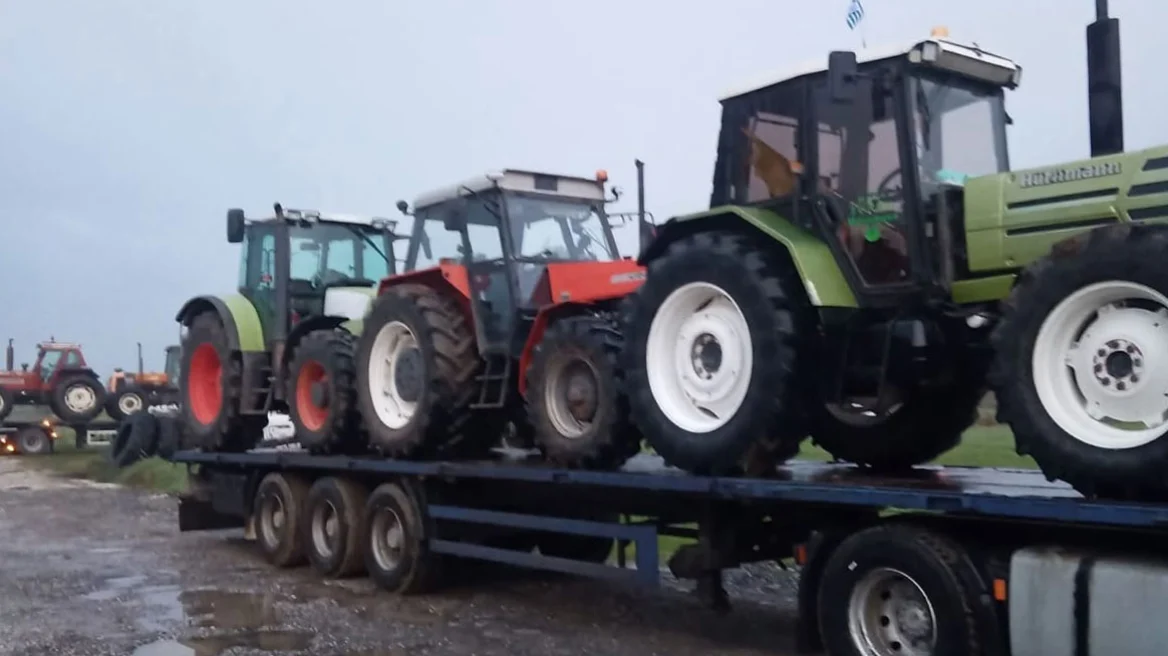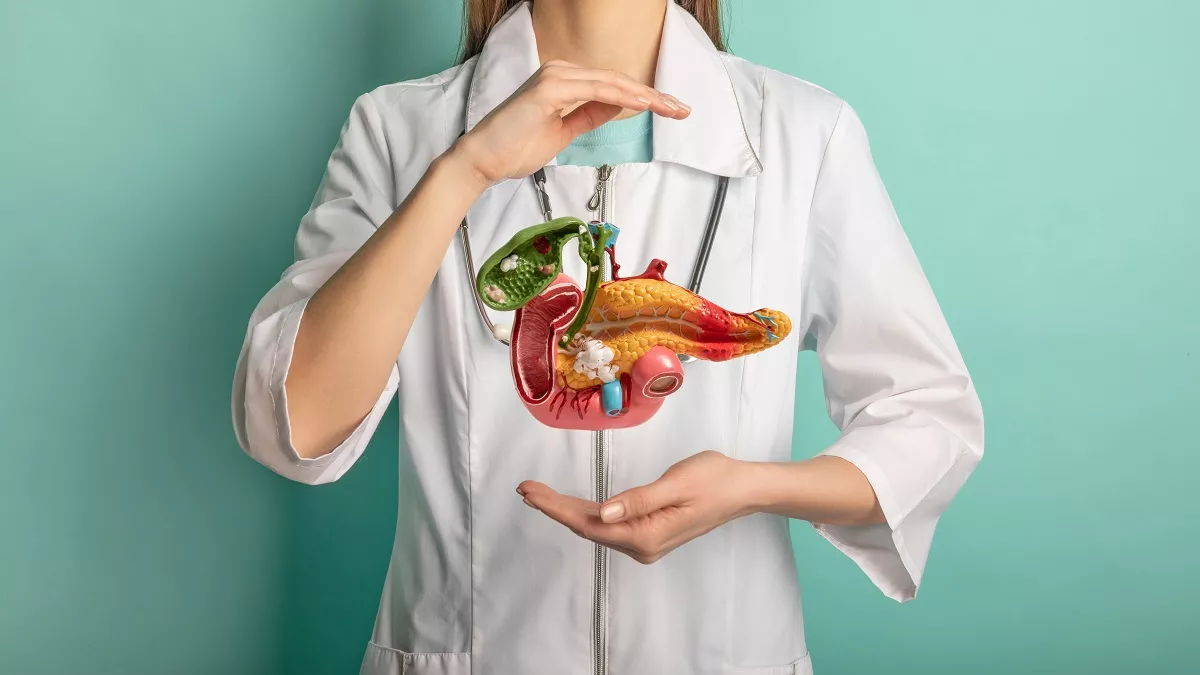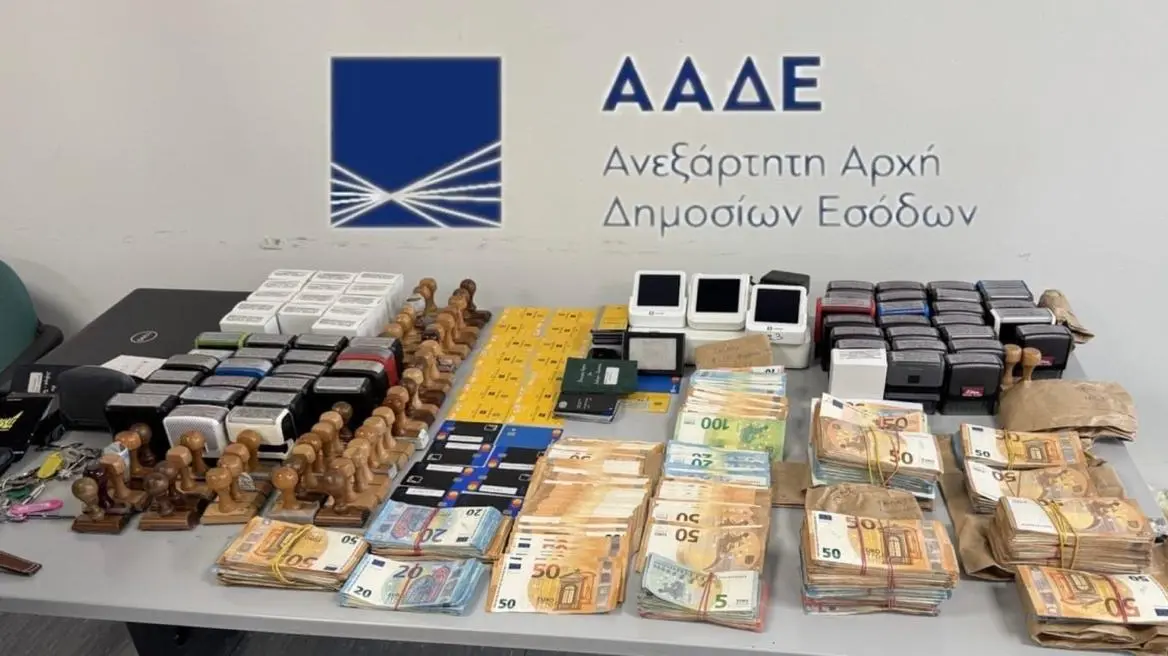It’s January in a rundown suburb of Tirana, Albania’s capital city, and I’ve met up with two local cocaine traffickers just back from a smuggling trip to Germany. Like many young drug crews in Albania, Artan and Luli have shifted from trafficking cannabis to cocaine, because there’s more money in it and it’s easy to get hold of. They tell me they can make around $23,000 by smuggling a kilo of powder into the richer European countries, where the market for cocaine is expanding.
Between machismo tales of brass knuckles and baseball bats, they discuss Rolex watches, fast cars, and beautiful girls. “As you can probably see,” says Artan, nodding to the sunken, flooded street that has gone unfixed since they can remember, “if you want to go out and get things around here, you’ve got to make the journey to Germany, Italy, or England. Cocaine is proper work.”
Ever since a financial meltdown in the 1990s led to widespread destitution and civil chaos, Albania’s younger generations have found themselves trapped beneath a mesh of poverty and corruption. For some, the drug trade offers an escape from the slums that litter Tirana’s hinterland. But drug smuggling here is nothing new; it’s a trade that runs deep in Albania. Despite being a NATO country on the verge of joining the European Union, Albania has become Europe’s first narco-state.
According to the International Monetary Fund’s definition of a narco-state, as a state ‘where all legitimate institutions become penetrated by the power and wealth of the illegal drug trade’, like Venezuela, Guinea-Bissau and Afghanistan, Albania is knee-deep in drugs money.
A 2018 US Department of State report described Albania as a home of “rampant corruption, weak legal and government institutions and weak border controls” with drug trafficking, tax evasion, smuggling, and human trafficking the most profitable crimes in country. Drugs are big business here.
Read more HERE
Ask me anything
Explore related questions
